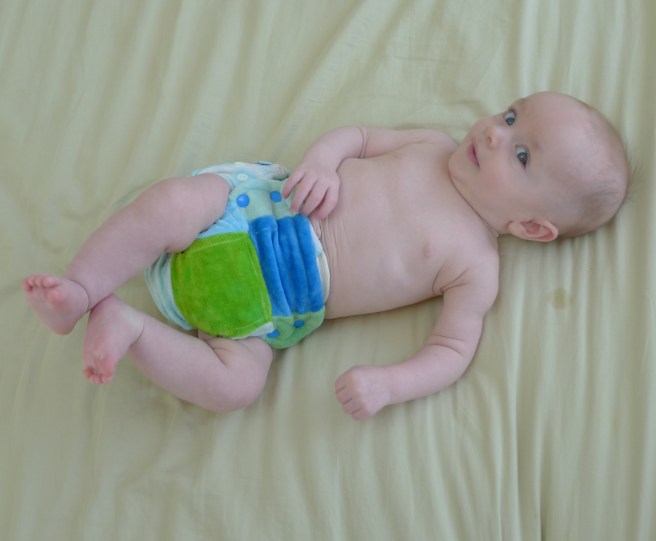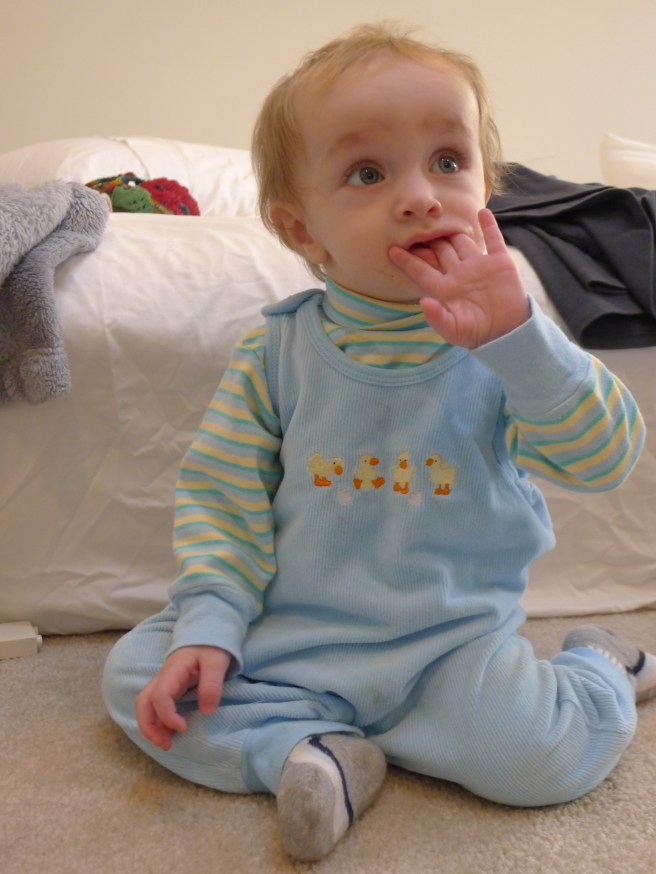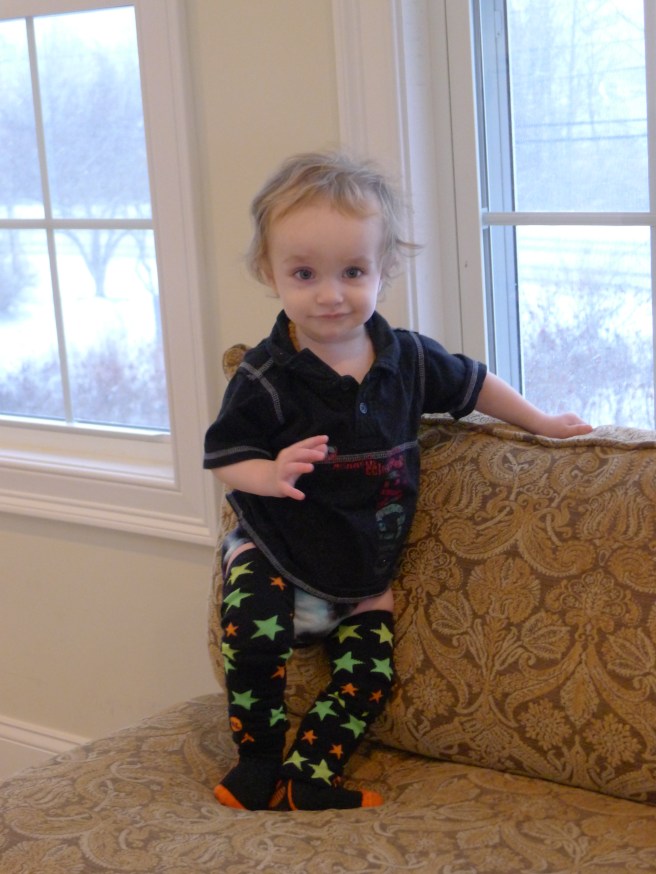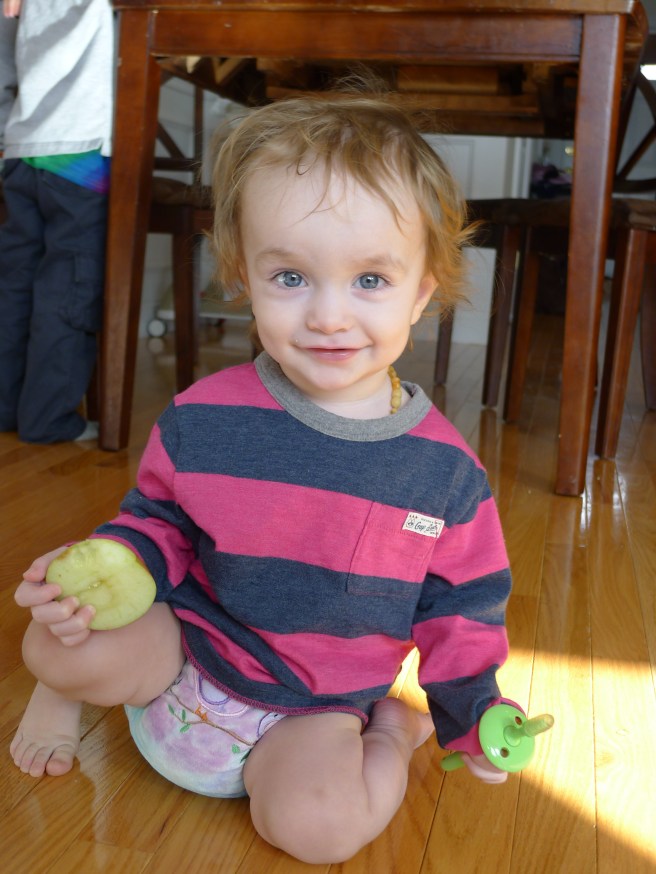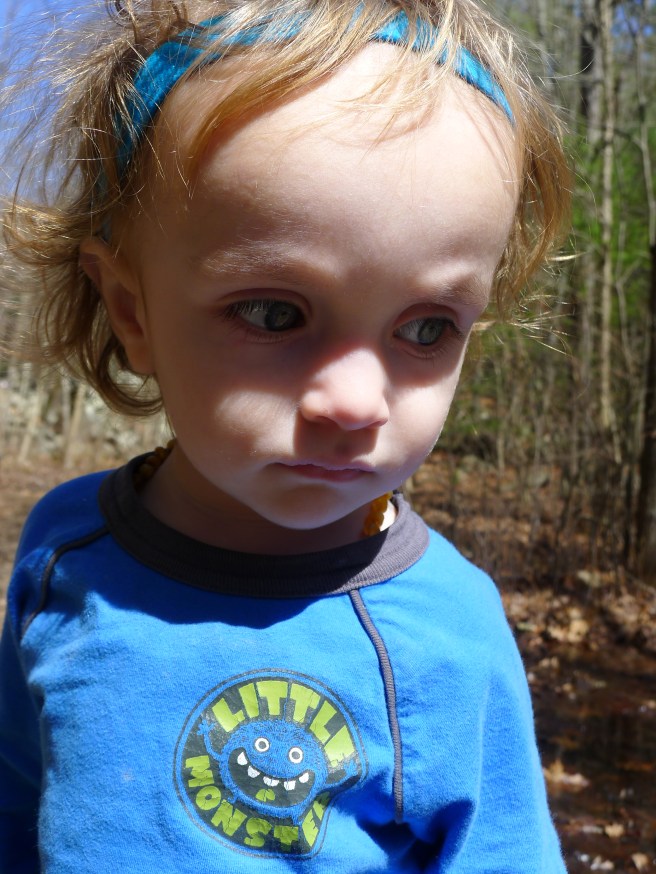
I realize that I don’t know your story. I realize that your child may have a speech delay, or been followed by EI after a premature birth, or beaten a devastating disease. I don’t presume that she has had a completely typical life. But I can see, at this point in time, that she is a typically developing toddler. I have seen you and her almost every single time I take my son to the special needs sensory gym. She is over a year younger than my son, and is a sweet, curious, and playful little girl. I see that. I see that she is adorable. I do. I know you wonder why I avoid you and her, why I cringe when she barrells over to us. I know you are perplexed when I don’t seem appreciative that you have prompted her to greet my son, when you have praised her for offering him a toy or “helping” him with something. I know you thought it was strange and perhaps a bit rude that I was not eager to bring my son into the rocking boat with her when she requested and you asked us.
Here’s the thing. I don’t mean to sound unkind, but the truth is, we come to this place to avoid children like your daughter. There’s nothing wrong with typically developing kids. It isn’t that I don’t like them, that I don’t like your daughter. I have two NT kiddos at home myself. But the special needs gym is a haven for my Autistic son–and I’ll admit–for me. It’s the one place where we can completely be ourselves. It’s the one place where my son is not the odd one out. It is the place where no one bats an eye when a child is happily stimming away, or has a meltdown. It’s the place where I don’t have to explain anything to anyone. And it’s the place where I don’t have to see the harsh comparison between him and his typically developing peers.
It’s also one of the few places he can enjoy due to his anxiety in public spaces. We cannot go to the library. We cannot go to the mall play spaces. We cannot join a mommy and me group or take a gymnastics class or visit the Y. But we can go to the special needs gym, and it is my son’s favorite place in the entire world. It is also a place where he is generally free from the attentions of other children, which he finds agitating.
So when your daughter runs over to us, staring me in the eye, chattering away, and shoves a toy in my son’s hands, it is all wrong here, in this safe place. He freezes, waits for her to leave him be. I cringe, hearing all the words my son can’t say from the mouth of a child half his age. I see her share attention and play pretend and it just reminds me how different my son is. It pops my happy bubble, and I feel the worry creep in. I don’t need my boy to speak or look me in the eye, I don’t need him to play “appropriately.”. Yet absurdly, it still hurts to see other children doing those things so easily, so naturally, like it’s absolutely nothing.
When your daughter asked my son to join her in the rocking boat, and you repeated the question when he didn’t look or respond, I had to explain. I had to tell you that he doesn’t speak or understand yet. But I don’t come here to explain. I come here because it’s supposed to be the place where explanations are not necessary.
I saw the confirmation on your face. You had been pretty sure he was different, but now you really knew. I watched you prompt your daughter to always say “hi” and “bye” to my son after that. I watched you praise her when she brought him things he didn’t want. I watched you caution her to give him space when it was clear she overwhelmed him. Perhaps you were just doing what you would have done with any child. But a part of me felt we were being used as props to teach your perfect child how to interact with “those” kids. I resented it. We don’t need the charity of your child’s attention.
After that I started to avoid you. I know you noticed, but I’m not strong enough yet. There are other special needs moms that can interact with moms of typical kids and it doesn’t affect them. They can graciously manage the curious glances and fishing comments of parents, and the in-your-face antics of typically developing children. They can smile at those children and mean it. They can laugh with you and share stories like it’s no big deal. They can drive home after without crying. They are strong. I’m not there yet. One day I will be, then maybe we can have a cup of tea and you will show me what I missed out on while I was trying to cope.


